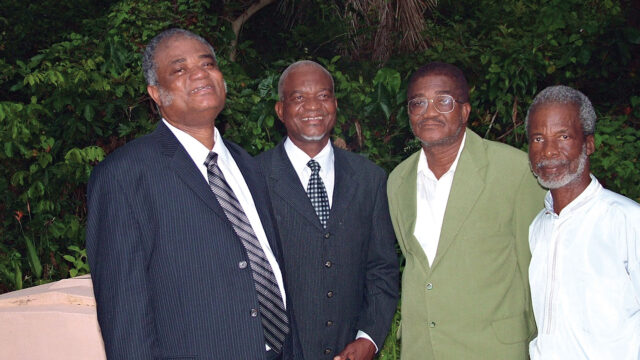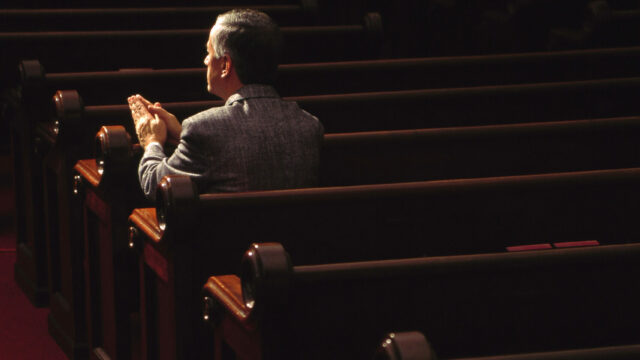The gadgets we carry in our purses and pockets were unimaginable 50 years ago.

“Logic will get you from A to B. Imagination will take you everywhere.”-Albert Einstein
Advances of science in our modern age have certainly made it seem that possibilities are limited only by our imagination. Everything from robotics to genetic engineering, even three-dimensional printing, to name just a few, speak of where imagination can take us.
Things most people couldn’t have imagined 100 years ago are now commonplace, and it’s often said that the future holds just as many things that haven’t yet been fathomed. Without a doubt, it’s astronomically amazing what science has been able to accomplish.
Imagining the Supernatural
Considering what human imagination is capable of, it seems there’s something strangely missing from the list of things considered imaginable. With more concrete examples right before our eyes about the reality of things previously thought impossible, how is it that the idea of the supernatural is still considered utterly incredible by so many?
Most scientists claim that science must be founded on the tenet that rational objectivity requires a disbelief in anything immeasurable or unobservable in time and space as we now know them. But haven’t we already begun to prove that tenet obsolete? Haven’t we already begun to show that possibilities do exist outside the realm of what was previously considered impossible?
Has it occurred to anyone that with all our science we are uncovering principles of the universe that show just how possible the existence of supernatural realities might be? What if there’s more to the universe than science has acknowledged as of yet?
How is it that we can imagine computer technology that can do amazing, almost miraculous things, but the idea of a supernatural deity is considered ridiculous? Doesn’t it seem a little odd that we can picture nanotechnology, weather control, or supercomputers that could take over the world, but not an intelligent higher being? Isn’t it strange that we can talk on cell phones and use wireless technology, but can’t accept the concept of prayer within the realm of things deemed possible? Why is it that all our technological advances seem only to take us further away from spirituality, rather than validating it to some degree by demonstrating the existence of principles and realities heretofore considered impossible?
Imagine a Relationship
Perhaps it isn’t merely imagination that limits us, rather what we are willing to accept as limitations. It doesn’t help that humanity is capable of the interesting phenomenon of cognitive dissonance, in that we have the ability to pick and choose what we will accept in order to structure our “reality.”
Maybe it’s just a little too much fun to picture ourselves as the highest beings in the universe. After all, if there’s someone out there who’s already way ahead of us, all our accomplishments don’t seem nearly so impressive.
Besides that, some of the impressions created by “religious” people, and some things done in the name of “religion,” can certainly make the idea of a personal deity less than desirable. Then there’s always the fear that acknowledging a higher moral code could involve some limitation to one’s personal freedoms.
But what if some of those ideas are based on misunderstandings, not true reflections of spiritual realities? What if our fears are largely unfounded? What if it’s true that a higher being is actually “out there,” One who is not only intelligent but also personal, not only just and fair but also caring? Who would resist the invitation to know personally the One who said, “I am God, and there is no other; I am God, and there is none like me” (Isa. 46:9, NIV)?*
What if knowing Him could be a truly great experience? Wouldn’t we want to know?
Imagine God.
* Texts credited to NIV are from the Holy Bible, New International Version. Copyright ã 1973, 1978, 1984, 2011 by Biblica, Inc. Used by permission. All rights reserved worldwide.








